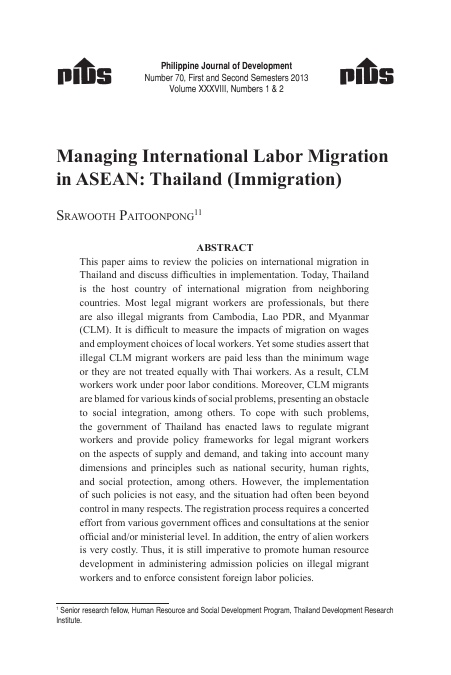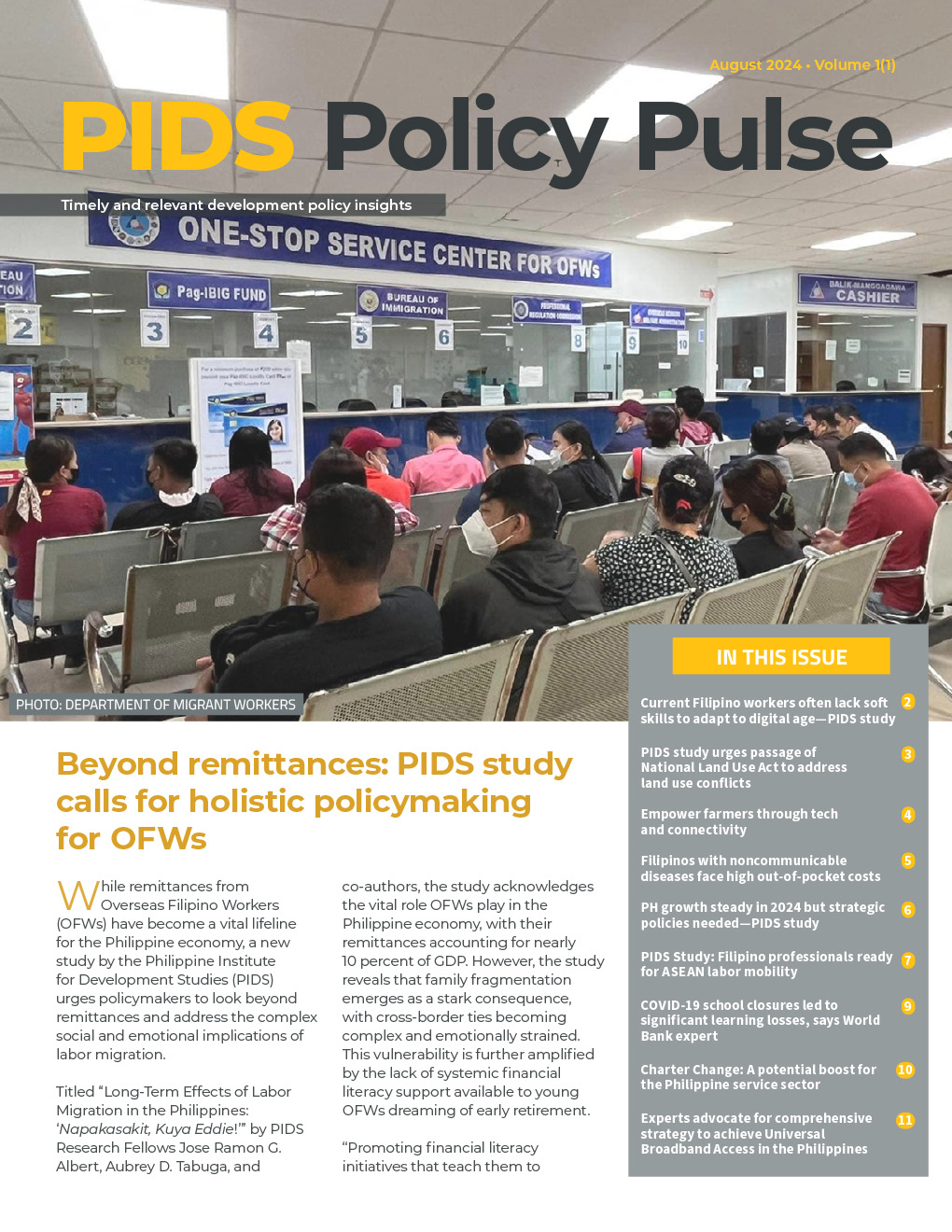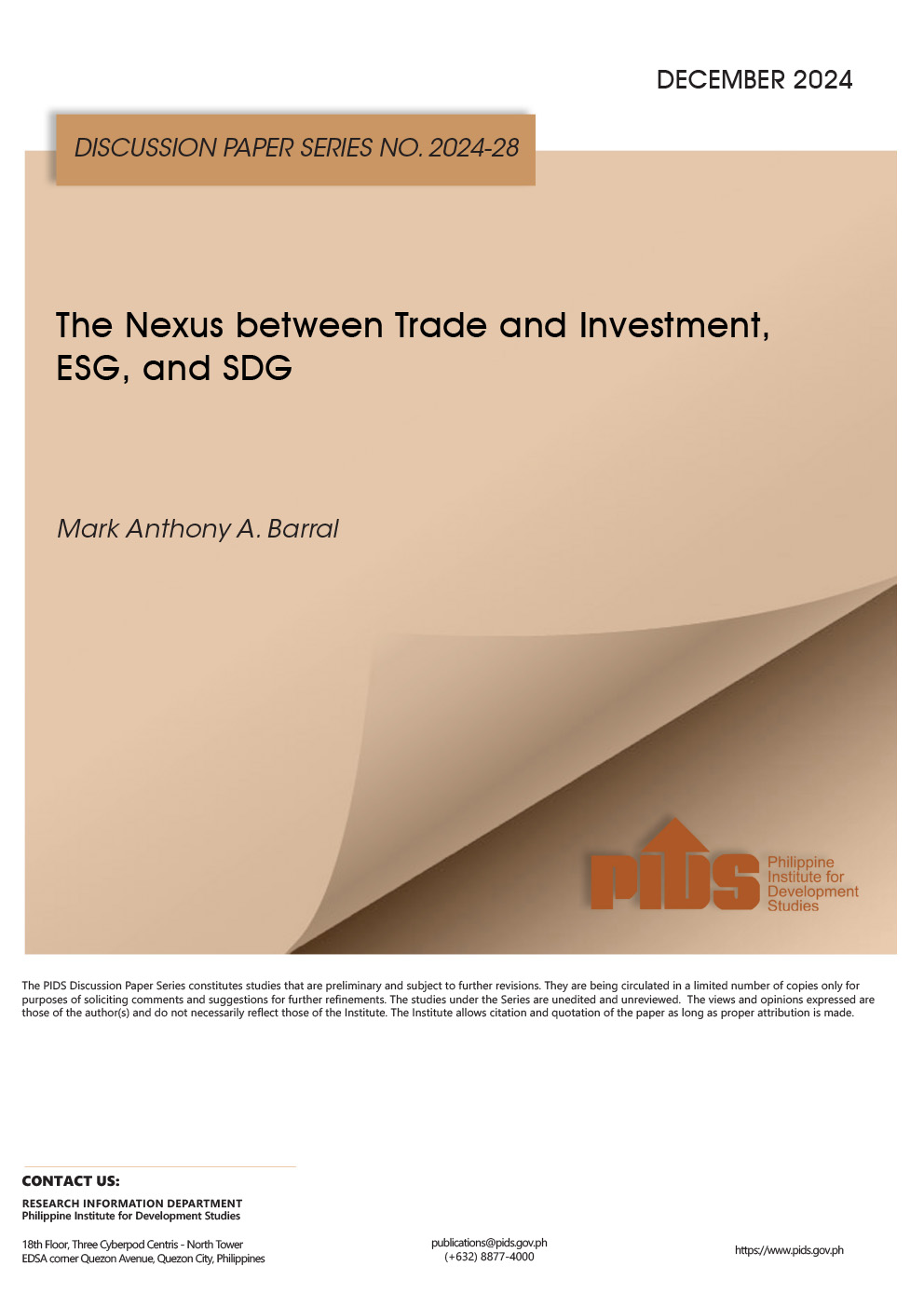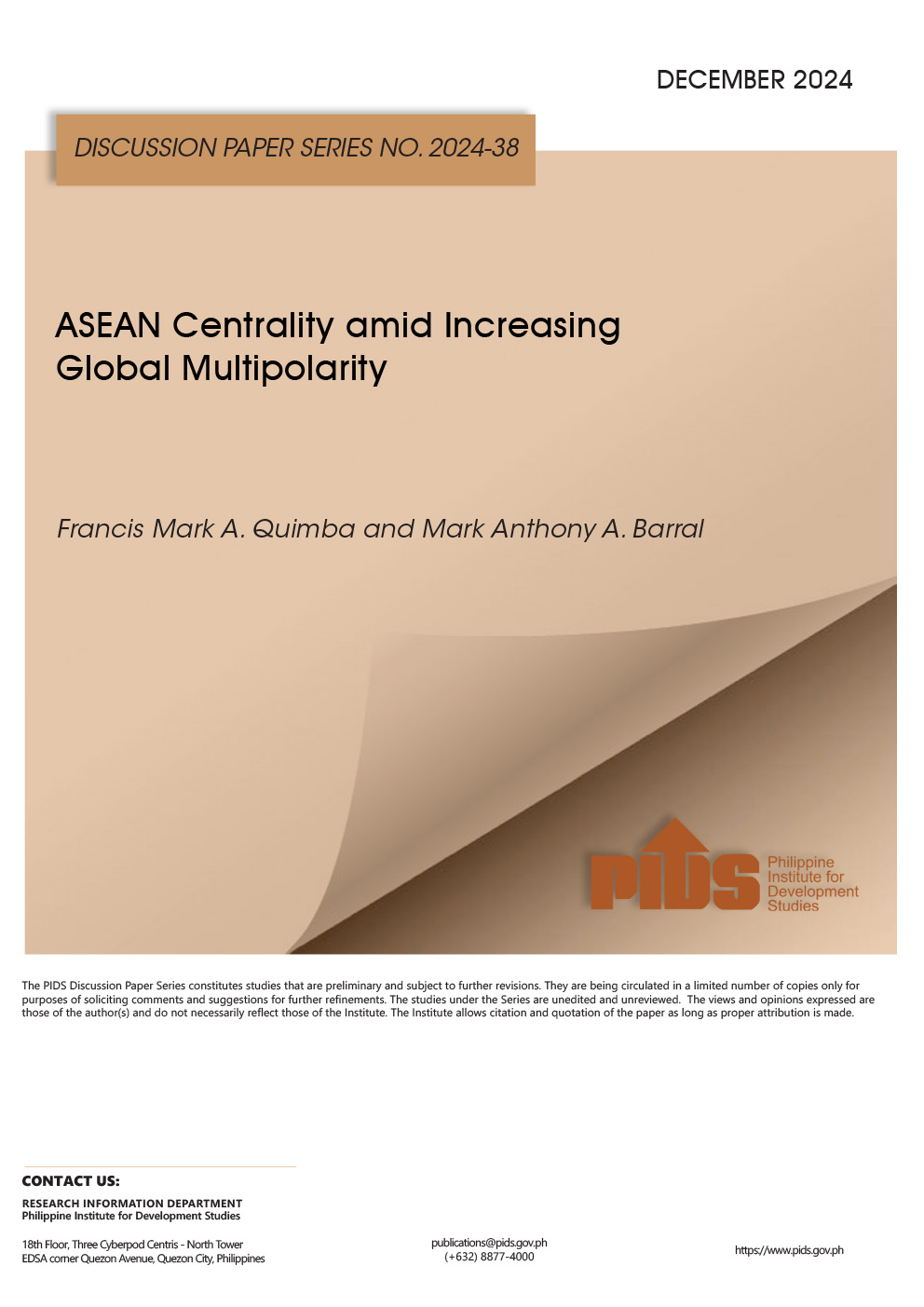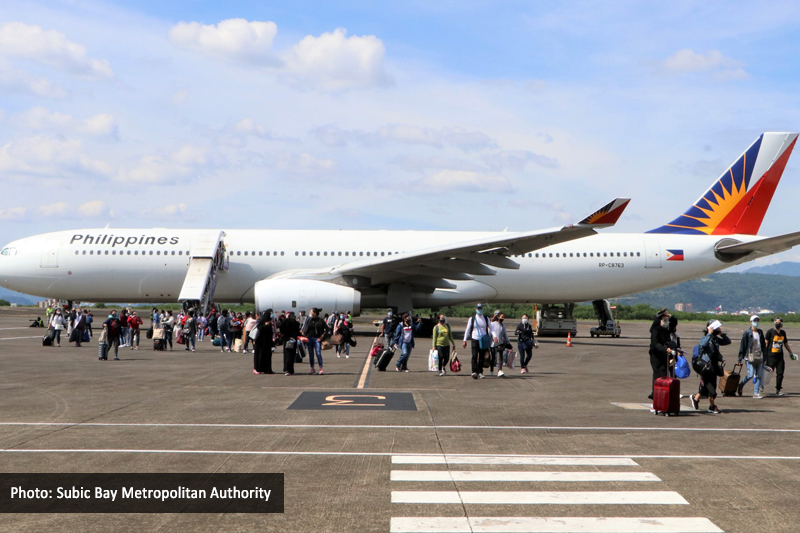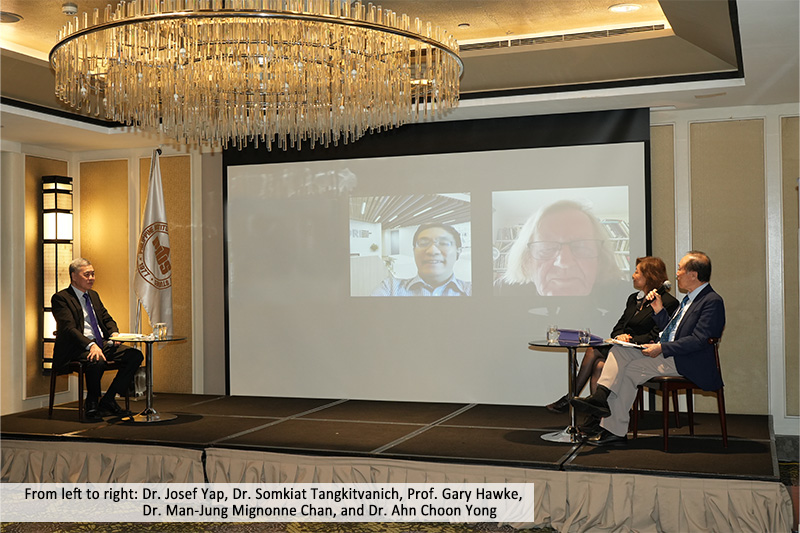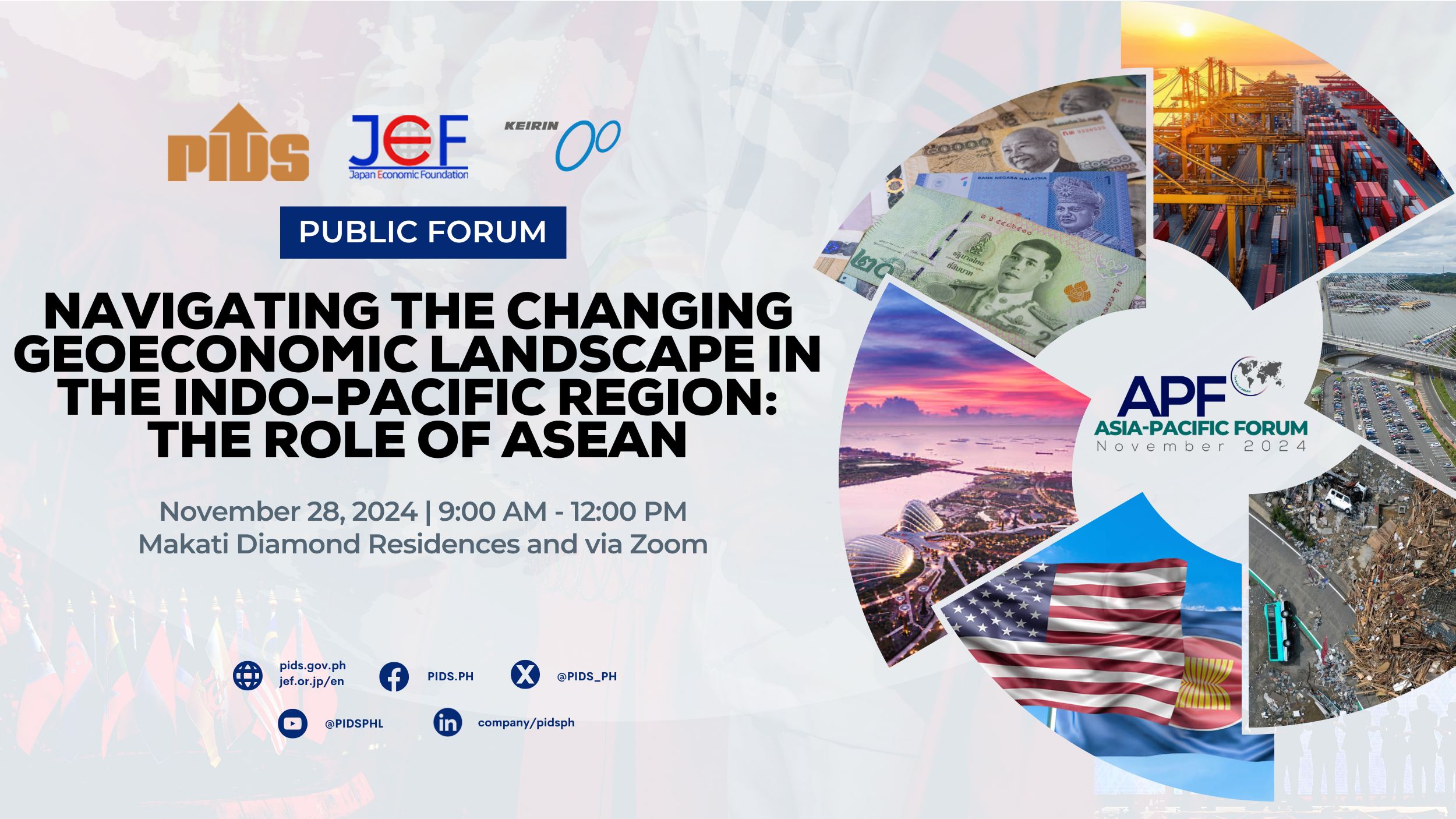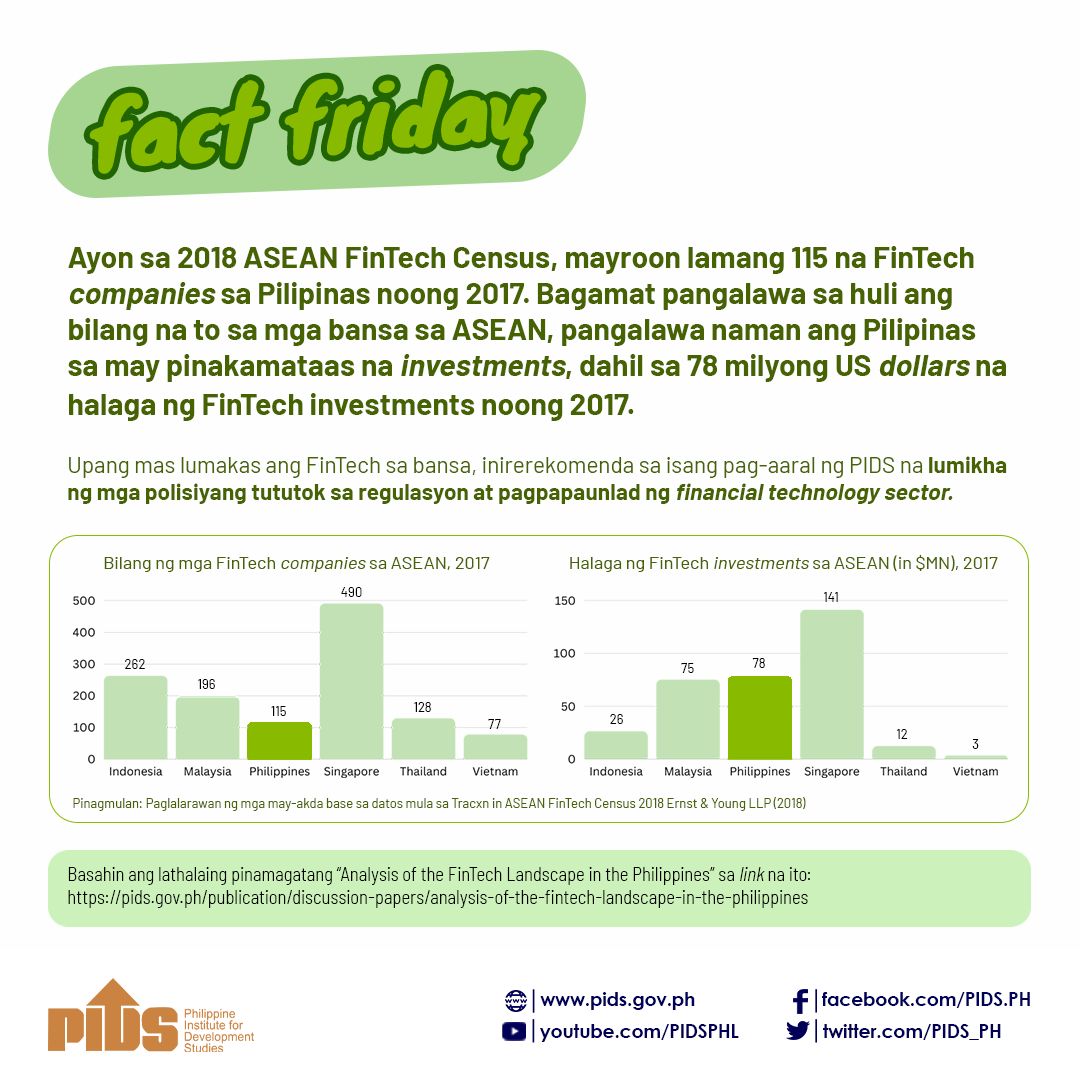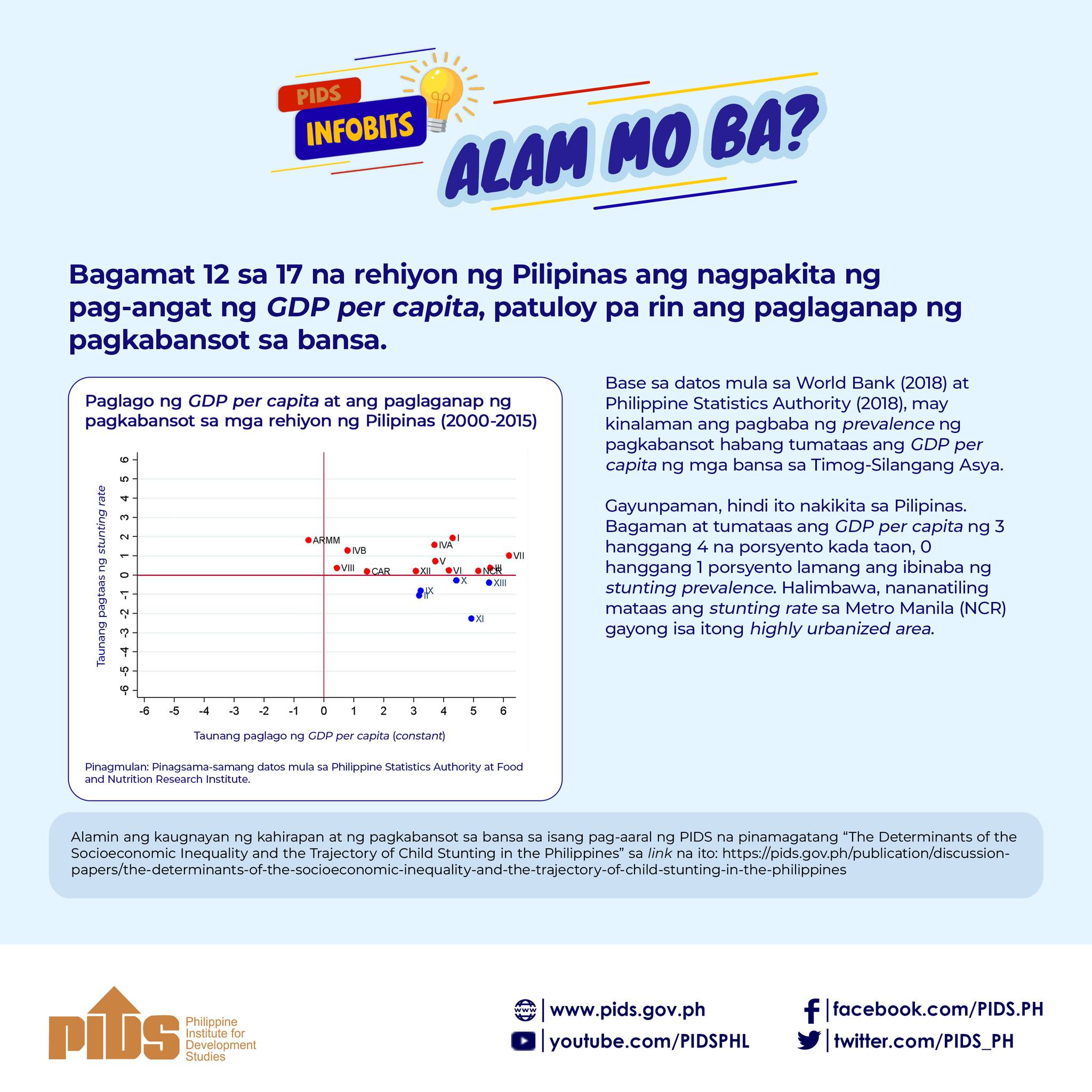This paper aims to review the policies on international migration in Thailand and discuss difficulties in implementation. Today, Thailand is the host country of international migration from neighboring countries. Most legal migrant workers are professionals, but there are also illegal migrants from Cambodia, Lao PDR, and Myanmar (CLM). It is difficult to measure the impacts of migration on wages and employment choices of local workers. Yet some studies assert that illegal CLM migrant workers are paid less than the minimum wage or they are not treated equally with Thai workers. As a result, CLM workers work under poor labor conditions. Moreover, CLM migrants are blamed for various kinds of social problems, presenting an obstacle to social integration, among others.
To cope with such problems, the government of Thailand has enacted laws to regulate migrant workers and provide policy frameworks for legal migrant workers on the aspects of supply and demand, and taking into account many dimensions and principles such as national security, human rights, and social protection, among others. However, the implementation of such policies is not easy, and the situation had often been beyond control in many respects. The registration process requires a concerted effort from various government offices and consultations at the senior official and/or ministerial level. In addition, the entry of alien workers is very costly. Thus, it is still imperative to promote human resource development in administering admission policies on illegal migrant workers and to enforce consistent foreign labor policies.

